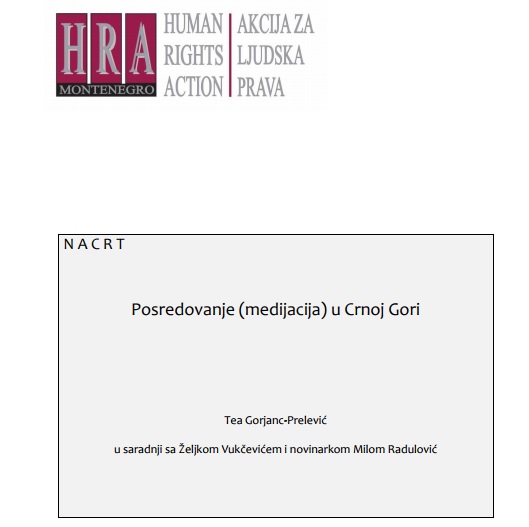Mediation, or conciliation, serves as an alternative method for resolving disputes, distinct from a formal trial. It involves the parties seeking resolution with the aid of one or more mediators who facilitate negotiation, leading to a mutually agreeable solution. This informal, cost-effective, and swift process is often preferred for its efficiency compared to lengthy court proceedings. Its fundamental traits include voluntary participation, parity between parties, confidentiality, the absence of public scrutiny, and the independence and impartiality of the mediators. Mediation can be initiated before or during legal proceedings, even at the appellate stage. It commences only upon unanimous consent and culminates successfully with the execution of an agreement, which, if formalized before a judge, holds the weight of a binding court decree enforceable by law. Nevertheless, opting for mediation does not necessitate approval of the agreement. In the event of mediation failure, litigation remains an available recourse.
Since the 1960s, mediation has gained traction globally. In the former Yugoslavia, its inception began in Slovenia in the early 21st century before spreading to other regions. In Montenegro, its legal foundation was established with the enactment of the Law on Civil Procedure in 2004 and the Law on Mediation in 2005, with significant implementation following the establishment of the Center for Mediation in 2008. However, the ethos of peaceful extrajudicial dispute resolution has long prevailed in Montenegro, owing to the enduring tradition of peacekeepers, conciliators, muslihuns, and peaceful tribal councils.
